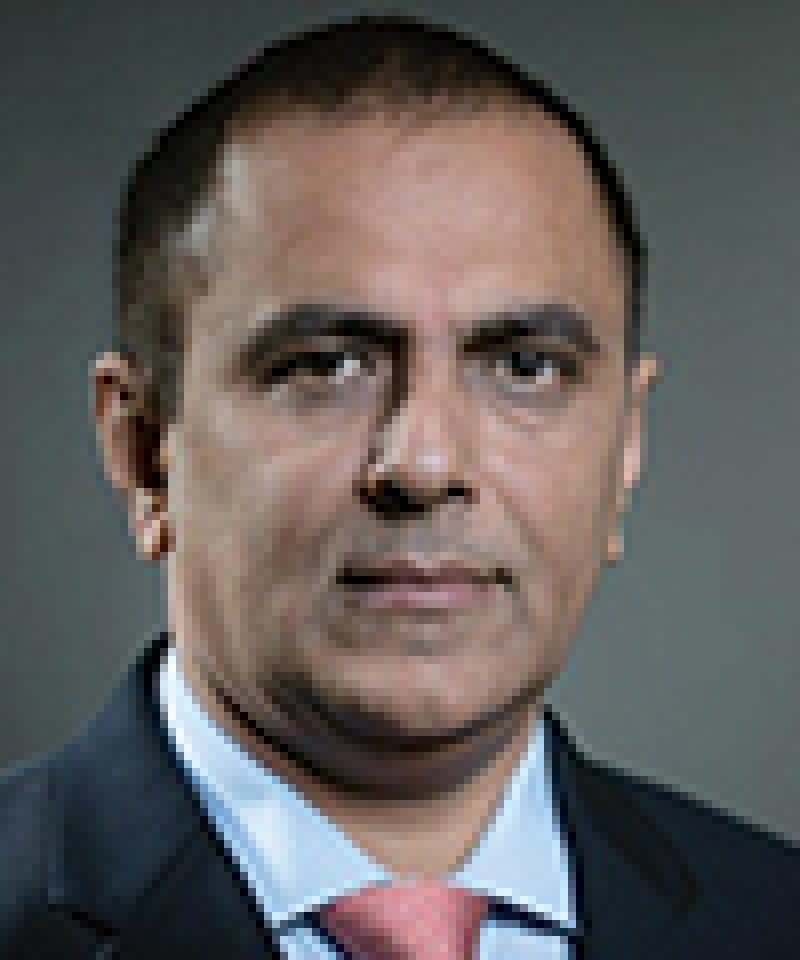India moves to revamp its direct tax law
The introduction of the goods and services tax last year has led to a consolidation of the indirect tax regime in India. The government is now moving to overhaul the direct tax regime. To this end, it has set up a task force to review the existing Income-tax Act, 1961 and to draft a new direct tax law for the country.
This is not the first time that a complete overhaul of India's direct tax laws has been attempted. In 2009, a draft Direct Taxes Code Bill was released for public comments, after which it was introduced in Parliament in 2010. However, this Bill lapsed with the dissolution of the lower house of Parliament before the 2014 elections. Several features of the lapsed Direct Taxes Code Bill were, however, incorporated into the existing Act, including the General Anti-Avoidance Rule (GAAR), which came into force in April 2017.
The existing task force comprises revenue officials as well as lawyers, accountants and economists. The terms of reference of the task force specifically require it to consider international best practices and systems adopted in various other countries. The task force is expected to submit its report to the government by May 2018.
India's reservations on OECD Model Commentary on permanent establishments
In 2017, the OECD released an update (2017 update) to the Model Tax Convention and Commentary. In line with its longstanding position on expanding source-based taxing rights, India has put forward several important reservations on the permanent establishment (PE) issue, which form part of this update.
On websites constituting a PE
The OECD Commentary notes that a website by itself cannot constitute a PE, although the location of a server hosting a website could constitute a fixed place PE of an enterprise that operates the server. India, however, disagreed with this interpretation and noted that a website could constitute a PE in certain circumstances where it leads to the substantial economic presence of an enterprise. This approach broadly follows the option set out in the final report on Action 1 of the BEPS project.
On agency PE
Under the 2017 update, the scope of a dependent agent PE has been widened to include a person who habitually plays a principal role in the conclusion of contracts that are routinely concluded (without any material modifications) by the non-resident enterprise. India has made a reservation to exclude the term 'routinely' from this statement.
India has also stated that distribution of goods by an associated or a closely connected enterprise in cases where risks are not borne by such enterprise (e.g. in cases of low risk distributors) may give rise to a PE of the enterprise whose goods are sold.
India has also stated that an agent who is acting exclusively for an enterprise cannot be considered to be an independent agent.

|

|
Rakesh Dharawat |
Hariharan Gangadharan |
Rakesh Dharawat (rakesh.dharawat@dhruvaadvisors.com) and Hariharan Gangadharan (hariharan.gangadharan@dhruvaadvisors.com)
Dhruva Advisors LLP
Tel: +91 22 6108 1000
Website: www.dhruvaadvisors.com













